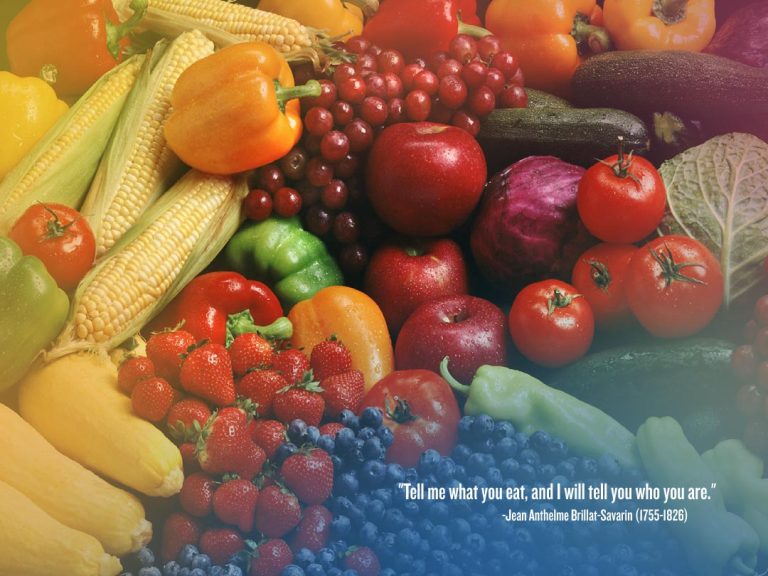One of the most amaaaaaazing health specials I have ever watched is called Change Your Brain, Change Your Life presented by Daniel Amen on PBS. Daniel Amen is an award-winning psychiatrist and medical director of The Amen Clinics and he has studied thousands of brain scans over the course of several decades, so the guy knows a thing or two about the most important real estate inside the human body. His powerful insight into how every dimension of a healthy, happy human life is directly connected to a healthy brain is mandatory viewing for every single person in my opinion.
You can watch Daniel’s PBS special (7 YouTube videos in total) by CLICKING HERE, as well as his 2011 Ted Talk below, but as Daniel notes, a healthy brain has as much to do with what you put in your body as what you don’t. Which is why when I came across this fascinating article on The Huffington Post yesterday the first person I thought of was Daniel.
Entitled “Diet Foods: Healthy Foods That Help You Lose Weight And Combat Aging”, The Huffington Post’s Anthonia Akitunde breaks down the amazing science and importance of color in your diet. And not just typical colors, but the combination and range of “color families” across the entire spectrum: red, red/purples, orange, orange/yellow, green/yellow, green and white green. Akitunde spoke with Dr. David Heber, director of the UCLA Collaborative Centers for Integrative Medicine, who wisely pointed out: “Each color group represents a set of phytonutrients: special chemicals the plants make to protect themselves from pests,” Heber said. “There are 100,000 colorful substances or more in edible plant species including fruits and vegetables. Each of the chemicals have unique characteristics — it’s the mixture of a variety of different different colors that make the diet healthy.”
The following is an HPost excerpt of Dr. Heber’s “superhero foods” with antioxidant and anti-inflammatory properties that not only prevent you from getting the deadly Buddha Belly, but they will also slow down, and in some cases reverse the aging process:
RED: Lycopene is what gives tomatoes and watermelon its red hue, as well as its antioxidant properties. The substance has been linked to lowering stroke risk and preventing heart disease.
ORANGE: The beta-carotene found in sweet potatoes, squash, carrots and corn have antioxidant properties, protecting your body from cell damage wrecked by free radicals.
ORANGE-YELLOW: You can reduce inflammation in your body thanks to the flavonoids found in citrus fruits, Dr. Heber said. The anti-inflammatory substance has also been linked to repairing cell damage and keeping arteries healthy. Also the vitamin C found in these fruits helps produce more collagen in your skin to help with the outer signs of aging: wrinkles.
YELLOW-GREEN: Load up on avocado, spinach and other yellow-green vegetables, Heber says. “These foods have lupene, which goes to the macula, the part of the retina that is exposed to the most ultraviolet lights. A common cause of blindness for people over 65 is age-related macular degeneration. It’s believed the antioxidant [lupene] localizing there prevents further damage to the eye.”
GREEN: Vegetables like broccoli, brussel sprouts, bok choy, mustard, wasabi and horseradish are in this family, according to Heber. “They have isothiocyanates in them, which have a lot of preventative and detoxifying effects in the body.”
WHITE-GREEN: Onion, garlics, chives, asparagus, etc. They’re all rich with the antioxidant allyl sulfide, says Dr. Heber.
RED-PURPLE: Grapes, blackberries, blueberries, pomengranates and cranberries are rich in polyphenols, which are anti-inflammatory.



